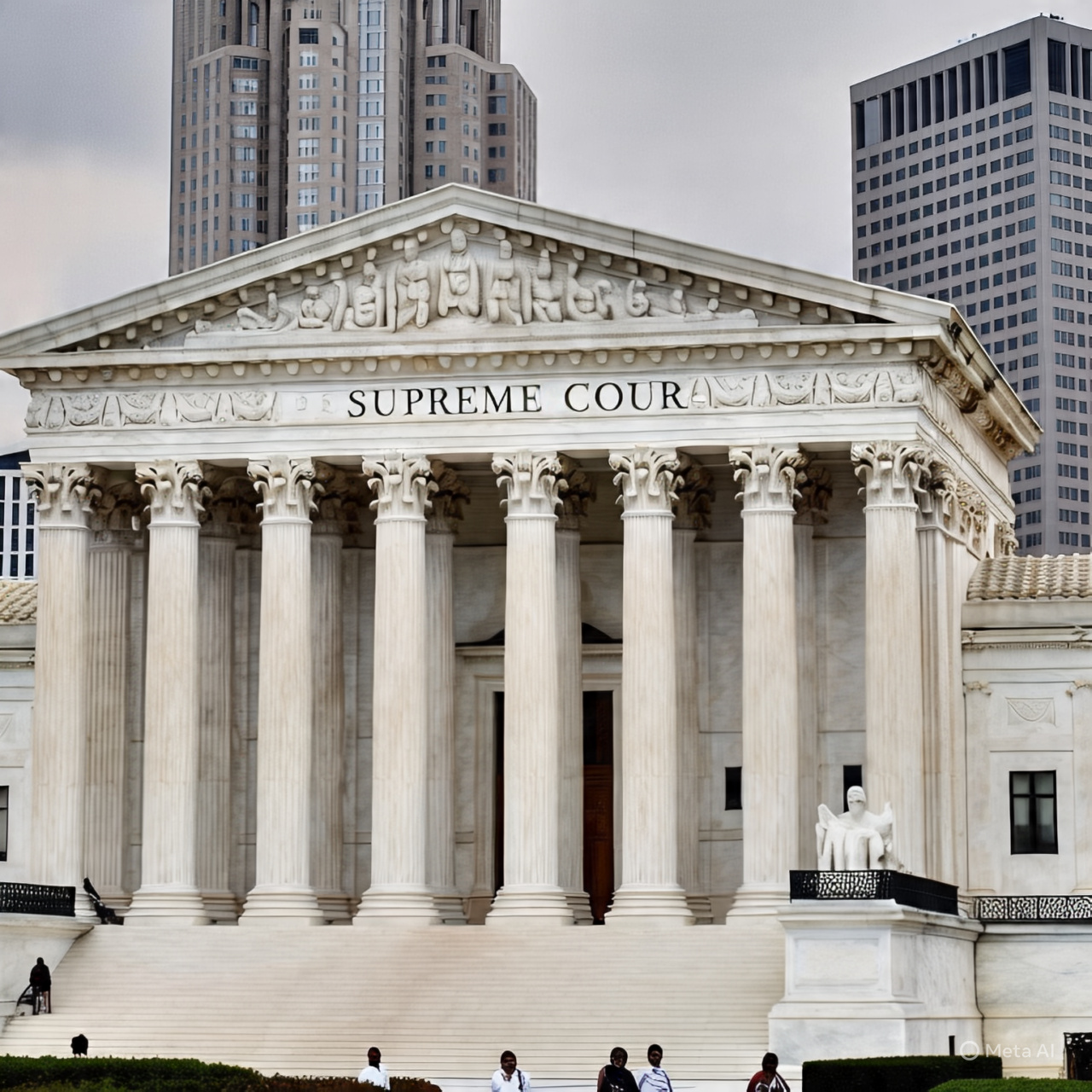
Critics Slam Supreme Court for Allegedly Enabling Mass Illegal Immigration Amid Ongoing Border Crisis
Washington, D.C. — A fresh wave of public criticism is mounting against the U.S. Supreme Court, with some Americans accusing the Court of enabling mass illegal immigration and undermining national sovereignty. The sentiment, amplified by conservative commentators and online users, centers on a growing perception that the Court’s recent rulings—or refusals to intervene—have contributed to what critics call a “border disaster.”
The Accusation: Judicial Passivity or Constitutional Duty?
At the core of the backlash is the belief that the Supreme Court has consistently failed to uphold immigration enforcement measures, thereby allowing the executive branch to pursue lax border policies with little legal resistance. One viral social media post read: “This is alarming. Who would’ve thought that SCOTUS likes mass illegal immigration that destroys our country?”
The criticism reflects anger at decisions where the Court declined to overturn lower court rulings that temporarily blocked immigration enforcement actions, including Title 42 removals, asylum limits, and state-led border crackdowns.
Recent Cases Fuel the Debate
One flashpoint was the Court’s refusal in 2023 to immediately halt the Biden administration’s narrowing of immigration enforcement priorities. Conservative states, including Texas and Florida, challenged the policy, arguing it placed undue strain on local resources and encouraged illegal crossings. The Supreme Court ultimately sided with the administration in an 8–1 decision, stating that states lacked standing to challenge federal immigration priorities.
The ruling, although rooted in legal technicalities, was perceived by critics as a green light for unchecked migration. “The Court has abandoned its duty to protect the American people,” said Mark Krikorian, Executive Director of the Center for Immigration Studies. “By allowing the federal government to selectively enforce the law, they’re essentially legalizing chaos.”
Supporters Say the Court Is Upholding the Law
Defenders of the Court argue that the Justices are simply applying constitutional principles and resisting political pressure. “It’s not the job of the Supreme Court to police immigration policy—that’s up to Congress and the White House,” said Professor Linda Del Toro, a constitutional law expert at the University of Michigan. “The idea that the Court is ‘pro-illegal immigration’ is a misreading of its actual function.”
Border Crisis Continues to Drive Public Anxiety
U.S. Customs and Border Protection reported over 2.4 million encounters at the southern border in fiscal year 2023, one of the highest on record. Border states like Arizona and Texas continue to bear the brunt, leading their governors to deploy National Guard troops and build additional barriers—moves that have, at times, been challenged in federal court.
Public confidence in federal immigration policy has dropped sharply, with a recent Gallup poll showing 68% of Americans dissatisfied with current immigration levels. This dissatisfaction appears to be bleeding into broader mistrust of the judiciary, especially among right-leaning voters.
Looking Ahead: Reform or Resistance?
Calls for congressional action are gaining steam. Some Republican lawmakers have proposed legislation that would limit the Supreme Court’s jurisdiction in immigration matters, while others are pushing to expand the Court or require term limits to reduce ideological influence.
Still, constitutional scholars warn against rash actions. “Attacking the judiciary for unpopular outcomes is a dangerous path,” warned Judge Thomas Riley (ret.), a former federal appellate judge. “It undermines faith in the rule of law and risks politicizing the one branch designed to be above the fray.”
As immigration remains a top issue heading into the 2024 election cycle, the Supreme Court is likely to face continued scrutiny. Whether it can maintain its legitimacy in an era of hyper-partisanship remains an open—and urgent—question.
